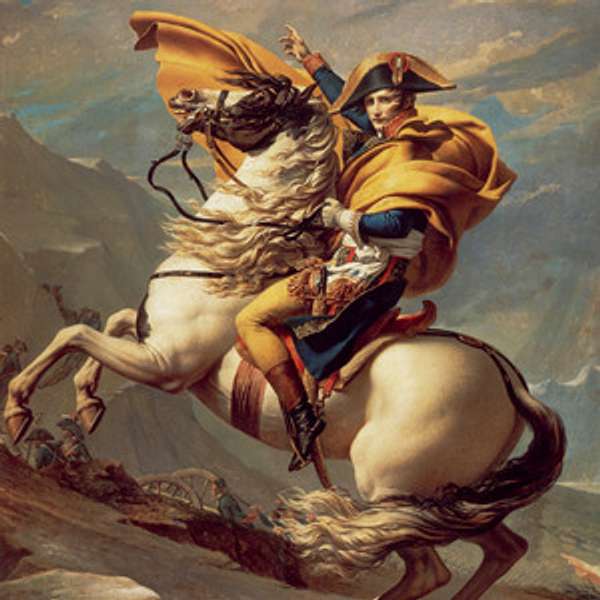
Harvest of Mars: History and War
Harvest of Mars: History and War
Napoleon: The Historical Significance of Military Genius. Part I
“He who fears being conquered is certain of defeat.”
– Napoleon Bonaparte
In the first of this two-part episode, we take a look at the Emperor of the French inspired by historian Andrew Robert’s biography, Napoleon: A Life. The book is quite good at revealing the human being behind the controversial historical figure. Focusing primarily on the military sphere, this episode examines the significance of military genius, that, is why is it that sometimes brilliance seems to have a decisive impact on history and why sometimes it is bounded by larger historical forces. Part 1 looks at his campaigns to the end of 1805 and his masterstroke at Austerlitz. What were the factors that enabled the emperor, who was so often outnumbered, to win more battles than perhaps anyone other commander in human history? How much was his purported genius responsible for his meteoric rise?